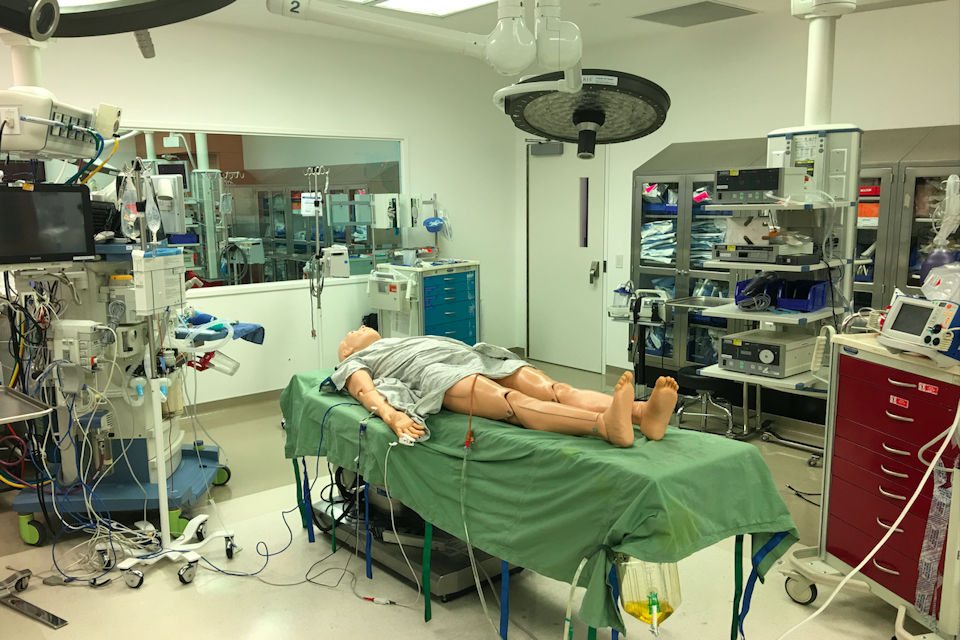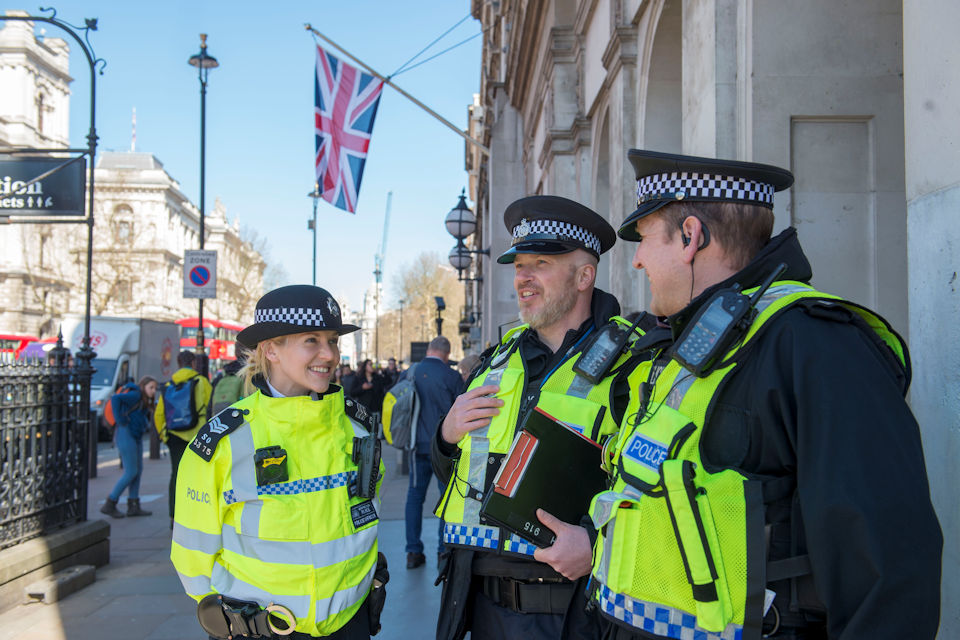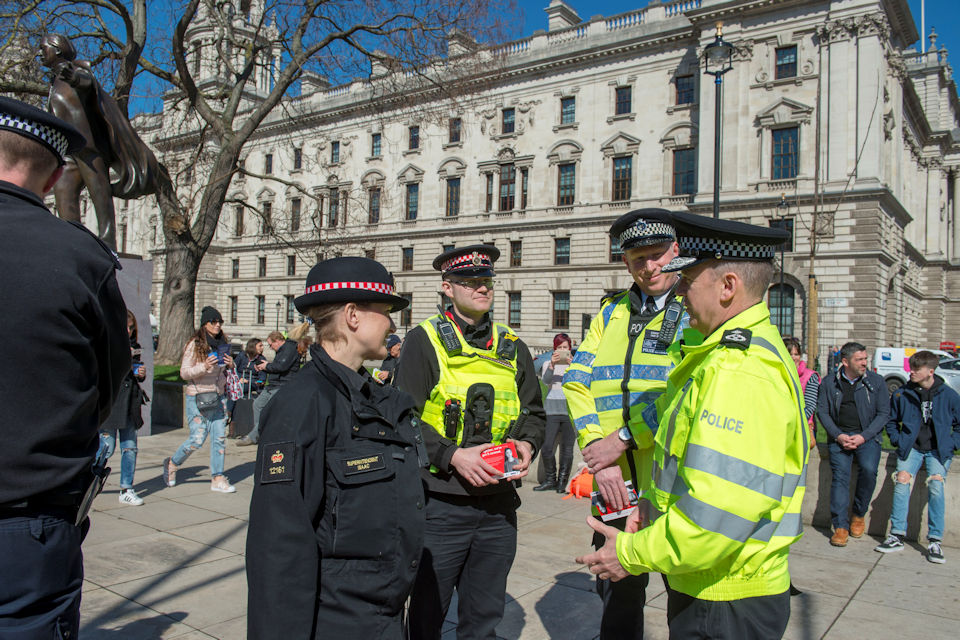News story: British Army’s rifle set for multi-million-pound upgrade
The SA80 A2 hand held assault weapon will be upgraded into the A3 model under the Mid Life Improvement (MLI) project, which will ensure the rifle has the enhancements needed to remain in service until 2025 and beyond.
An initial investment of £5.4 million for the project, which will be carried out by Heckler and Koch, will help sustain around 20 highly skilled jobs at the Nottingham Small Arms Factory owned by the company.
Defence Minister Guto Bebb said:
This multi-million-pound upgrade will give our Army a lighter, more hardwearing, better-camouflaged combat rifle so our soldiers can perform on the frontline of some of the most dangerous locations across the world. This investment is also a boost to Nottingham’s highly-skilled gun-makers who proudly support our troops in their task to protect our country in the face of intensifying threats.
The changes to the rifle include:
- A more durable hardwearing coating in a “Flat Dark Earth” colour offering better camouflage in a range of environments.
- The A3 is 100g lighter than the A2 and has a more streamlined fore grip making the weapon easier to handle.
- The A3 rifle has a bracket to secure new innovative low light sights which can clip on or in front of the day sight without the need to remove it. These sights are smaller, lighter and require fewer batteries whilst operating just as effectively in low light/night conditions.
Director Land Equipment at the MOD’s Defence Equipment and Support organisation, Major General Colin McClean said:
The SA80 is a battle proven weapon used by the UK Armed Forces on operations all over the world. The upgrade will build upon the rifle’s state-of-the-art features enhancing accuracy and consistency. The Mid Life Improvement project will ensure that our troops have the right equipment at the right time.
The MLI project will see 5,000 weapons upgraded initially with the intent to upgrade more weapons in the future. The fielding of the first tranche began in February.


